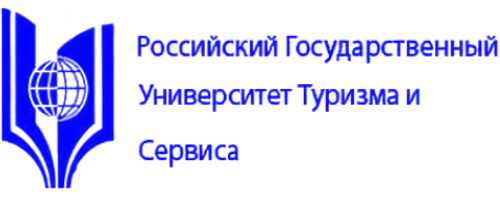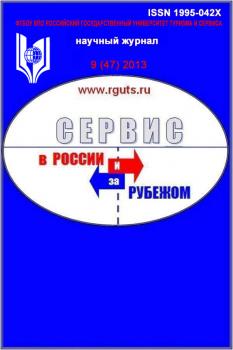Foreign languages in demand as a means of intercultural dialogue, it is a social order of our modern society. But the language is not only a means of communication of modern people, this is a means of "dialogue" between the generations, a means of preserving the accumulated spiritual wealth of the people who speak this language. To understand the present and build the future, we sometimes need to look back into the past, including the past of the language. For accelerated learning a foreign language often helps to explain of linguistic phenomena and historical processes that took place in a particular language or a particular group of related languages. In the article the object of the analysis is almost forgotten Mozarabic language on the territory of the Iberian Peninsula. Mozarabic - is an Ibero-Romance language, which was once widespread in the conquered by Arabs part of the Iberian Peninsula. Language had been at the stage of development, therefore it has undergone strong phonetic changes.The article considers the influence of the Portuguese, Galician, Catalan languages on the Mozarabic language and vice versa, of the Mozarabic language on the Galician language, León, Asturias, Murskii and other dialects. The 3 stages of historical evolution of Mozarabic people are described: 1) fight Mozarabic people for independence; 2) the period of oppression; 3) the period of emigration. Examples of similar names of settlements in different parts of the peninsula, as well as plants are shown.The analysis of the phonetic form Mozarabic language has carried out: diphthongs and consonants saving in Castilian language. Mozarabic language has played an important role in the dialectical development of the peninsula, as a link between the Roman, Arab and Spanish cultures. The author highlights the role of Mozarabic language in the development of Castilian language and its formation as a state.
tourism, development of the tourism industry, the Romanized population, the Arab domination
1. Gazilov, M.G., Gozalova, M.R. Pozitsionnaya distributsiya chlenov predlozheniya vo frantsuzskom, angliyskom i russkom yazykakh. Servis v Rossii i za rubezhom. - 2014. - T. 8, №7 (54). [Elektronnyy resurs]: URL: http://old.rguts.ru/electronic_journal/number54/contents (data obrashcheniya: 23.03.2015).
2. Spatar´-Kozachenko T.I. Sovremennoe sostoyanie i perspektivy razvitiya poznavatel´nogo turizma v provintsiyakh Granady i Al´merii. Servis v Rosii i za rubezhom. - 2014.- №2 (49). [Elektronnyy resurs]: URL: http://old.rguts.ru/electronic_journal/number49/contents (data obrashcheniya: 20.03.2015).
3. Alvar, Manuel, Dialectologia española, Cuadernos bibliográficos, VΙΙ. Madrid, Consejo Superior de Investigaciones Cientificas, 1962, p.136.
4. Alonso, Dámaso, Cancioncillas mozárabes. Primavera temprana de la lírica europea,en RFE, XXXIII, p.297-349.
5. Galmes de Fuentes, Alvaro, El mozárabe levantino en los Libros de los Repartimientos de Mallorca y Valencia, en NRFH, IV, 1950,p. 313-247.
6. Griffin, David A., Los mozarabismos del «Vocabulista» atribuido a Ramón Martí, Madrid, 1961.
7. Menéndez Pidal, Ramón, Orígenes del español. Estado linüístico de la Península Ibérica hasta el siglo xI, Madrid, 5ª edición, 1964, p.320,359,373,423.
8. Simonet,F.J., Glosario de voces ibéricas y latinas usadas entre los mozarabes, precedido de un estudio sobre el dialecto mozárabe, Madrid,1889.
9. Sanchis Guarner,M., Introducción a la historia lingüística de Valencia, Valencia, 1949.
10. Veres d´Ocón,E., La diptongación en el mozárabe levantino, en RVF, II, 1952, p.137-148.





